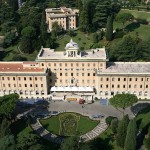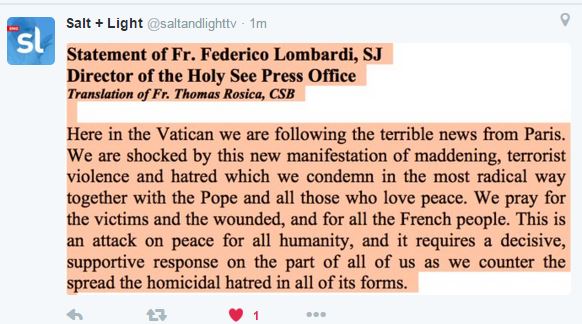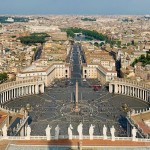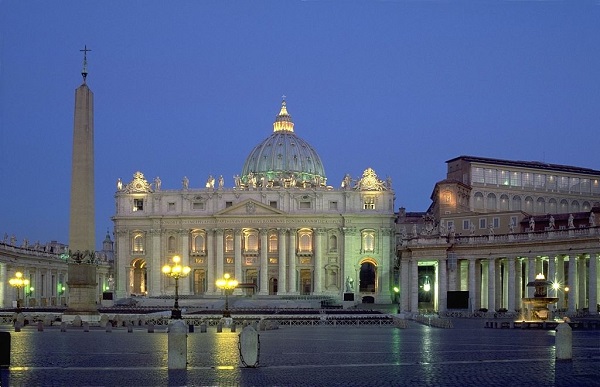Things aren’t looking quite as bad as they’d thought over at the Vatican finance office.
In an exclusive article in the premier issue of the Catholic Herald magazine, Cardinal George Pell, prefect of the newly created Secretariat for the Economy and the most senior English-speaking official in the Vatican, said,
“In fact, we have discovered that the situation is much healthier than it seemed, because some hundreds of millions of euros were tucked away in particular sectional accounts and did not appear on the balance sheet. It is another question, impossible to answer, whether the Vatican should have much larger reserves.”
So the Vatican is not broke, as some had feared. Like many corporate enterprises, the Vatican needs to strengthen its Pension Fund, in anticipation of required payouts in the future. However, there are sufficient funds available to enable operations to continue unimpeded.
The discovery of such a large cache of funds is not evidence of fraud or money laundering. Instead, it’s simply due to Vatican departments holding funds in their own accounts, a custom designed to protect their independence. Cardinal Pell explained that the Vatican’s financial reform process has had to address this ingrained sense of independence among Vatican departments:
“So it was with the Vatican finances. Congregations, Councils and, especially, the Secretariat of State enjoyed and defended a healthy independence. Problems were kept ‘in house’ (as was the custom in most institutions, secular and religious, until recently). Very few were tempted to tell the outside world what was happening, except when they needed extra help.”
For centuries, Vatican finances were unregulated, which allowed unscrupulous persons to take advantage of their naivety and secrecy. The Vatican accounts had been allowed to “lurch along, disregarding modern accounting standards”. Now, Cardinal Pell reports, new structures and organizations are bringing Vatican finances into the 21st century, and making their workings transparent, with full accountability.
In 2015, the Pope is expected to name a lay person to serve as Auditor General for the Vatican. The auditor general will report directly to the Pope, and will have authority to conduct a detailed audit of any Vatican office at any time.
Finally, Cardinal Pell reports that some cardinals and bishops from around the world have inquired whether the new financial procedures and chart of accounts, introduced in November 2014, could be shared with bishops’ conferences for consideration and use. “The responsibilities of the Secretariat for the Economy are limited to the Holy See, Vatican City State and the almost 200 entities directly answerable to the Vatican,” he writes. But eventually, the reforms and procedures instituted in the Vatican may effect financial management in dioceses worldwide.
Read Cardinal Pell’s remarks in their entirety at the Catholic Herald.











